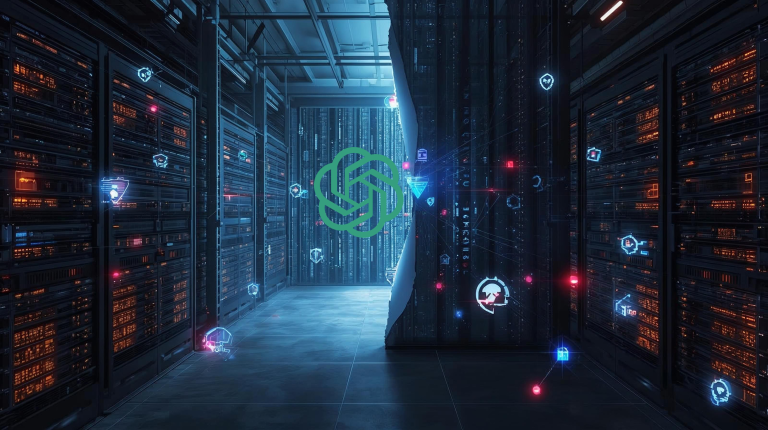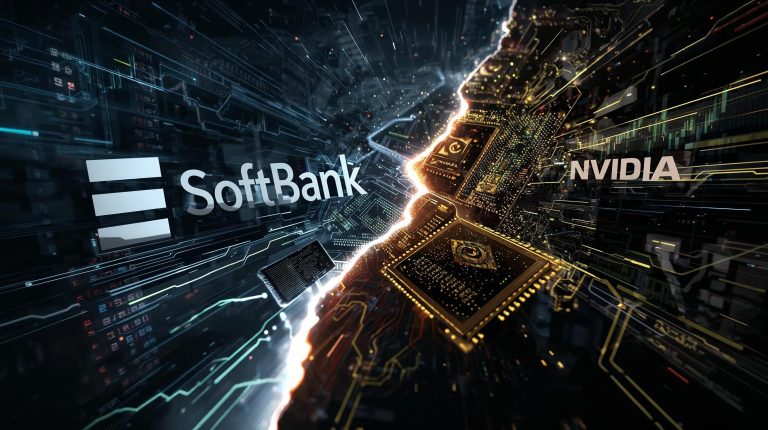
Jeff Bezos makes a bold move into artificial intelligence with a new initiative known as Project Prometheus.
Jeff Bezos Project Prometheus has quickly become a headline in global tech. As Jeff Bezos steps into the co-CEO role at Project Prometheus, the technology world waits to see how Project Prometheus will shape the next phase of artificial intelligence.
The startup’s bold plan, combining Bezos’ leadership with a vision to bring AI beyond software and into practical engineering, could reshape what is possible in robotics and advanced manufacturing. The news stands out for more than its profile.
Bezos previously guided Amazon from online books to world-spanning logistics. Now, he partners with Vik Bajaj, an innovator behind Google X’s early moonshots, to lead a stealth venture that targets not just software, but engineering, manufacturing, and even aerospace.
What is Project Prometheus?
According to early reports, Project Prometheus aims to push artificial intelligence from digital assistants to the factories, labs, and design teams that build the modern world.
Unlike consumer-focused models shaping much of today’s AI discourse, this project zeros in on systems that can assist in designing lighter machine parts, running billions of production simulations, and learning on the floor with robotics in both automotive and aerospace sectors.
The name Prometheus refers to the mythic bringer of fire. In context, it points to AI solutions meant for invention and experimentation; not chatbots, but machines and software that improve our capacity to build and explore.
Why Does This Move Matter Now?
AI has quickly become the backbone of global industry, but applying it to real-world engineering has proven much tougher than spinning up digital assistants.
Project Prometheus is entering this arena in stealth, gathering a team of nearly 100 researchers from OpenAI, DeepMind, and Meta, with a goal of supporting robotics, smart manufacturing, and hardware design.
For Bezos, this represents more than a personal comeback. It’s an effort to make artificial intelligence practical at an industrial scale, a different bet from the text-based AI arms race.
By focusing on sectors that manufacture chips, cars, and even spacecraft, Project Prometheus could enable companies to innovate faster with safer, more reliable automation.
Industry and Human Implications
Bezos’s appointment signals a shift in how executive leadership is being drawn into the next phase of AI development. No longer content to simply invest, visionaries are choosing to direct AI’s evolution from the inside, helping set standards for ethics, data integrity, and technical scope.
With substantial early funding, the startup may accelerate returns on AI in hard-to-automate fields, potentially influencing how products are designed, how robots function side-by-side with workers, and how manufacturing adapts in the age of intelligent systems.
At the same time, the project is likely to invite scrutiny, both for its promises and the practical risks of bringing advanced automation to vital sectors.
The involvement of big names and big money ensures Project Prometheus will be at the center of key industry and policy debates for years to come.
Where Does It Go From Here?
Project Prometheus is still in stealth mode, so specifics remain closely held. What’s clear is that the startup’s track will serve as a case study for how legacy tech leaders adapt to a world where AI affects everything from logistics to lunar missions.
For the industry, it’s a test of whether big leadership and focused ambition can push AI from buzzword to backbone technology.
For the public, it’s a chance to see if the next leap in machine intelligence can happen with transparency and trust at its core.














